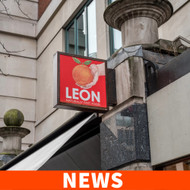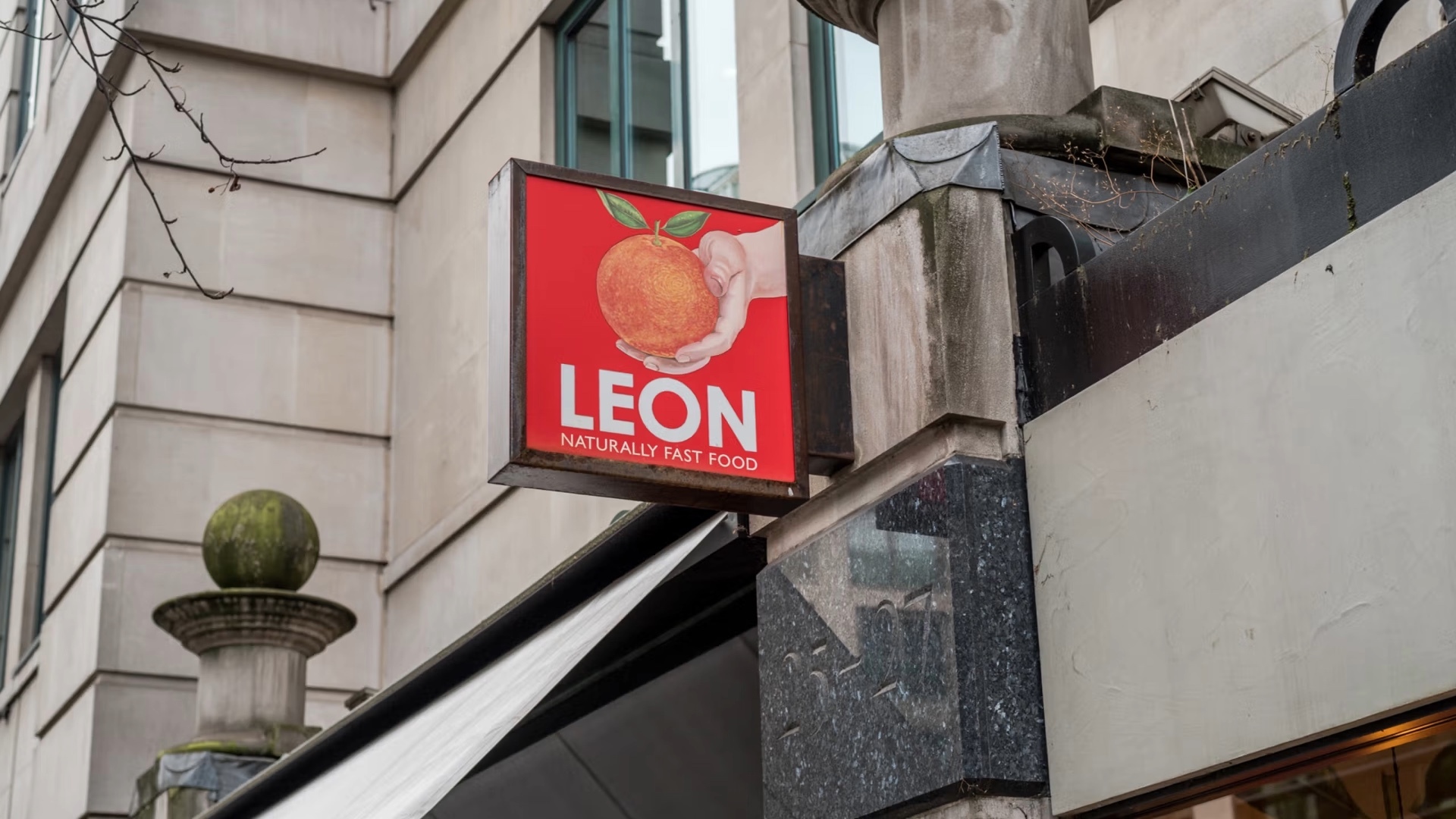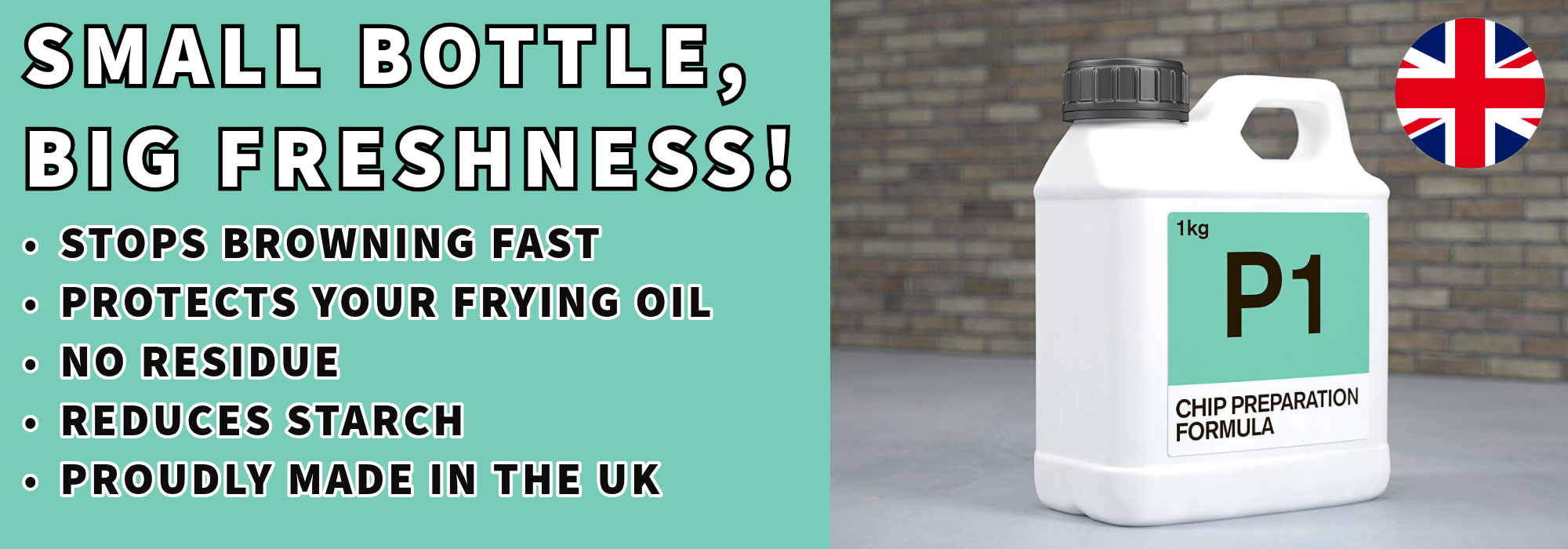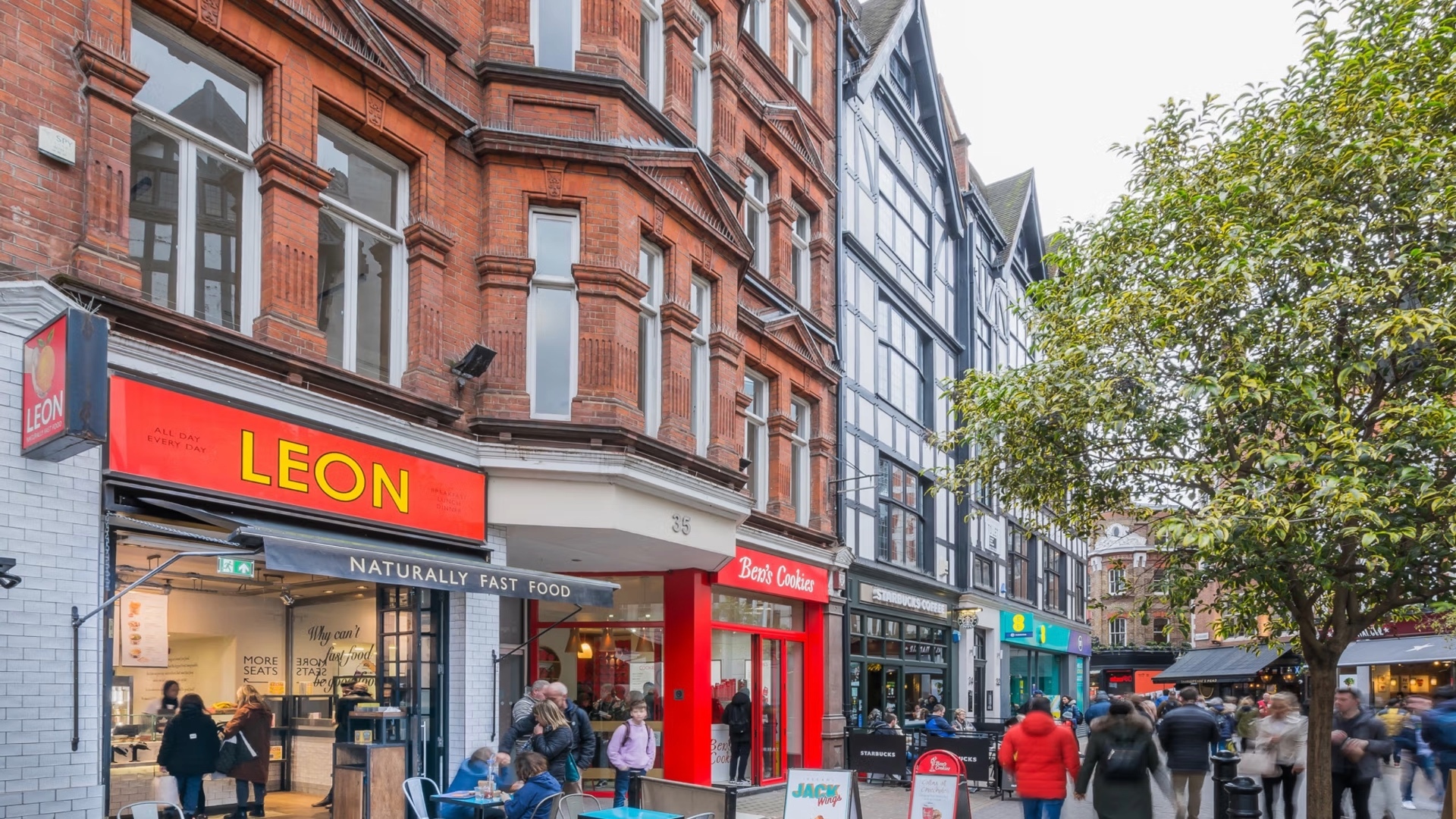Leon’s founding vision reborn: John Vincent buys back the fast-food chain from Asda
Posted by Emma on 31st Oct 2025 Reading Time:
John Vincent, the co-founder of Leon, has officially repurchased the healthy fast-food chain from Asda, marking a remarkable full-circle moment for a brand once hailed as a pioneer in the “naturally fast food” movement.
Vincent, who established Leon in 2004 alongside chef Allegra McEvedy and food campaigner Henry Dimbleby, sold the company in 2021 to the billionaire Issa brothers’ EG Group for a reported £100 million. Two years later, the business was absorbed into Asda as part of a £2 billion refinancing deal designed to reduce EG Group’s debt burden.
Now, in a striking reversal, Vincent has reacquired the business — believed to be at a significantly reduced price, reportedly between £30 million and £50 million. The deal returns control of 46 company-owned restaurants, 20 UK franchises, and several international outlets in the Netherlands and Italy, alongside the transfer of roughly 1,120 staff to the new ownership .
A Mission to Restore Leon’s “Naturally Fast Food” Ethos
Under its previous ownership, Leon’s direction drew mounting criticism. Dimbleby publicly warned that the brand’s founding purpose was being “destroyed” by a shift towards “sugar, salt and cheapness,” moving away from its original focus on flavourful yet wholesome food .
Upon confirming the acquisition, Vincent signalled a clear intention to return the brand to its roots.
“Today I have bought back Leon,” he said. “For 17 years, it was the greatest gift to build a company dedicated to helping people enjoy Naturally Fast Food. My time away from Leon has given me new perspectives — and I’m excited by what we can achieve for people this time round.”
He added that the first priority will be “to take a good look under the bonnet,” refocusing on Leon’s founding promise: the best fast food served with the biggest welcome .
A Brand in Need of Revival
While the acquisition marks an emotional homecoming for Vincent, it also presents a formidable business challenge. Leon’s most recent financial filings reveal that sales slipped from £64.9 million to £62.5 million in 2024, while pre-tax losses narrowed from £19.6 million to £8.4 million year-on-year . Industry insiders suggest that revitalising the chain will require a comprehensive turnaround strategy to reclaim market share in an increasingly crowded fast-casual dining landscape.
Asda, now burdened with mounting debts and squeezed margins, has been refocusing on its core supermarket operations amid fierce competition from Aldi, Lidl, Tesco, and Sainsbury’s . The sale of Leon, while modest in financial terms, reflects a strategic retreat from non-core ventures.
An Asda spokesperson thanked Leon employees for their “hard work and contribution” over the past two years, wishing them success “as they move forward under new ownership” .
A Second Act for a Modern Food Icon
For many, Leon represented a revolution in British fast food — a rare blend of ethics, flavour, and accessibility. Its early menu, built on Mediterranean inspiration and sustainability principles, made it a favourite among health-conscious urban diners. But as the market evolved, its identity blurred amid an influx of competitors and cost pressures.
Vincent’s return could be the catalyst for renewal. Analysts suggest the brand’s revival will depend on balancing its founding ideals with commercial pragmatism. If successful, it may become one of the most notable turnaround stories in the UK restaurant sector — a modern-day redemption for both founder and brand.
“We will now get on with dedicating ourselves to your enjoyment and to your health,” Vincent promised — a declaration that signals not just a change of ownership, but a rekindling of purpose.





